Pope faces criticism after five years in office
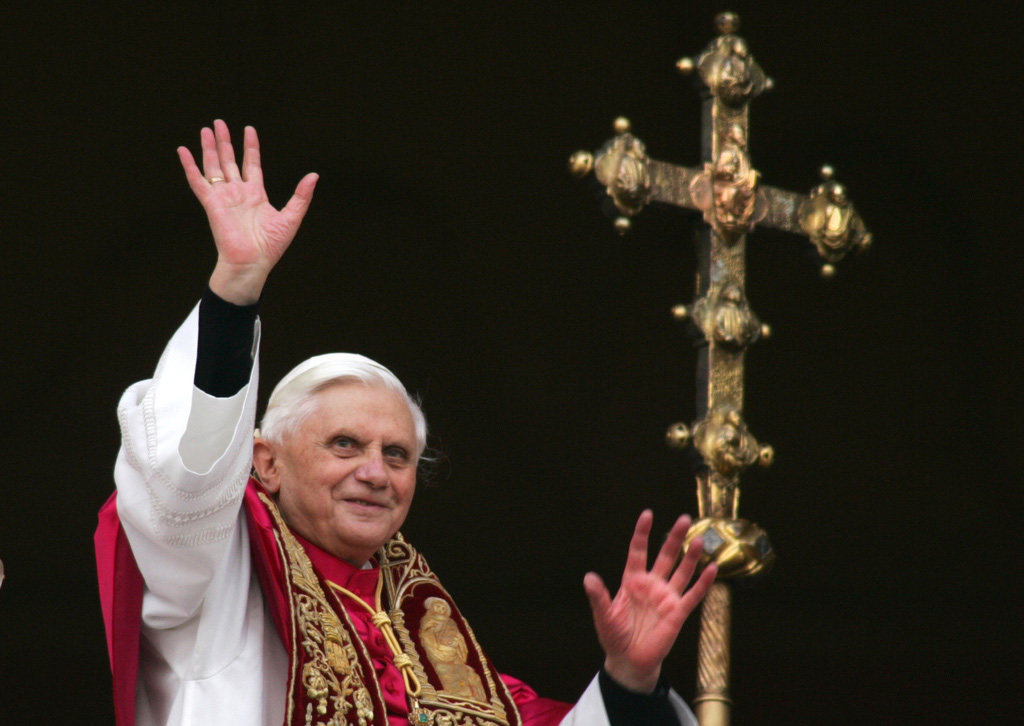
Five years after Joseph Ratzinger became Pope Benedict XVI, the Catholic Church is going through increasingly difficult times.
Congregations are smaller, there are fewer priests and the Church is mired in a growing child abuse scandal. In an interview with swissinfo.ch, Lucerne University theology professor Edmund Arens says the Roman Catholic Church has lost much of its credibility during Benedict’s papacy.
Arens is president of the Swiss branch of the European Society for Catholic Theology. He’s also the president of a German-speaking consortium of Catholic dogmatists and fundamental theologians.
In 1999, Arens was invited to speak at a Vatican conference on the work of the Pontifical Bible Commission – where he had the opportunity to meet Ratzinger as well as Pope John Paul II.
He says Benedict might go down in history as the pontiff who opened the Catholic Church to the rightwing traditionalists, but who failed to care enough about abuses.
swissinfo.ch: Early on, the pope admitted that he didn’t really want the role. Do you believe that?
Edmund Arens: On the one hand he feared this office – the burden of the papacy, which is really a burden. On the other hand, he thought that he was the only one who could do this job.
He was an insider, more than anybody else and he saw it as his mission to save Europe from liberalism, relativism and atheism. In fact he longed for the role; I’m convinced of that.
swissinfo.ch: What has the pope done well over the past five years?
E.A.: In the September after he was elected, he went to Cologne for a youth event where more than 100,000 applauded him. While there he also visited the synagogue. So the start was really good, but then he made one mistake after another.
It began when he gave his famous speech in Regensburg where he attacked and offended the Muslims. Then the next mistake was the reconciliation with the rightwing traditionalists – the Pius brothers, including a bishop who’s a notorious denier of the Holocaust.
The next problematic step was his approach to the conservative Anglicans. He tried to reintegrate them into the Catholic Church, which was not very ecumenical of him.
The fourth highly problematic thing was how he handled the child abuse scandal. As a cardinal, Ratzinger was the person who knew everything and who urged the bishops not to go to the public but rather to deal with it internally.
swissinfo.ch: How are relations between the Vatican and Switzerland’s Catholics? How well has the pope met the expectations of the Swiss faithful?
E.A.: Traditionally, the Swiss people live in a certain distance from Rome – not just geographically but also spiritually. Most of the Catholics today don’t care very much about what the pope says or does.
But he has close friends among the Swiss traditionalists – they adore him.
I think that the majority of the Catholic believers don’t agree with his politics – they are much more open-minded than he is. In a country which has a system of direct democracy, such a centralised hierarchical church is not accepted.
swissinfo.ch: How do you think he’s influenced the global perception of the church?
E.A.: During his papacy, the Roman Catholic Church has lost a lot of its credibility. In contrast to John Paul II who toured the world and was a media star, Benedict is a very shy man. He likes to sit at his desk and he doesn’t really communicate with his own people or people of other religions. So people haven’t got such a good impression.
There have been certain remarkable moments. For example, after his Regensburg speech, he went to Turkey. There he visited the world-famous Blue Mosque in Istanbul. This was one of the most impressive and important gestures he ever made. But John Paul II did this type of thing every week.
Pope Benedict XVI likes to write; that’s his business. He’s written wonderful things, but he doesn’t communicate – that’s his weakness.
swissinfo.ch: How adequate has his response to the paedophilia problem been?
E.A.: Indeed, he has mentioned it for the first time. But he hasn’t said on behalf of the church, ‘I am sorry for what has been done to the victims of the abuse’. He mentions the need, but he hasn’t said ‘Mea culpa’.
Ratzinger once said that the church consists of sinners but that the church itself is not sinful. The abusers have demonstrated the opposite.
swissinfo.ch: What do you think would help to solve the problem?
E.A.: Global pressure from the local churches is needed from the 6,000-7,000 bishops around the world. They need to push for reform. The Church teaches messages related to loving your neighbour, justice, solidarity – but it doesn’t practise what it preaches.
swissinfo.ch: What’s another big challenge facing the pope today?
E.A.: The other challenge is humanism – the relationship with the other Christian religions. He’s much concerned with the relationship with the Jews – that’s a very big issue to him, but he must not forget that there are other religions, too. The Protestants are very angry if their churches aren’t recognised by him.
swissinfo.ch: If the pope died tomorrow, what would he be remembered for?
E.A.: He would be remembered of course as the first German pope in more than 500 years. And I think he would be remembered as the pope who opened the Catholic Church to the rightwing traditionalists, and also as a pope who cared in a very insufficient way about the massive abuses.
Susan Vogel-Misicka, swissinfo.ch
At the grassroots level, Swiss Catholics are also calling for change.
In a recent statement issued by a progressive umbrella organisation (Verein Tagsatzung im Bistum Basel), half a dozen Catholic groups demanded that bishops pay more attention to victims of child abuse inflicted by priests.
They also urged the clergy to take a closer look at paedophile priests – in particular those who were protected by the Church.
In addition, they pushed for bishops to re-evaluate mandatory celibacy as well as the role of women in the Church.
On April 15, Swiss theologian Hans Küng published an open letter criticising the pope’s performance. It appeared in a number of German-language newspapers, including the Neue Zürcher Zeitung.
According to Küng, the pope has failed to improve relationships between religious groups.
Küng, 82, also chided the pope for his stance on contraception, pointing out that condoms help prevent overpopulation and Aids.
In addition, Küng urged bishops to speak up and embrace reforms.
In the 1960s, Küng and Ratzinger served on the Second Vatican Council together.
Küng is professor emeritus of ecumenical theology at Tübingen University in Germany.

In compliance with the JTI standards
More: SWI swissinfo.ch certified by the Journalism Trust Initiative
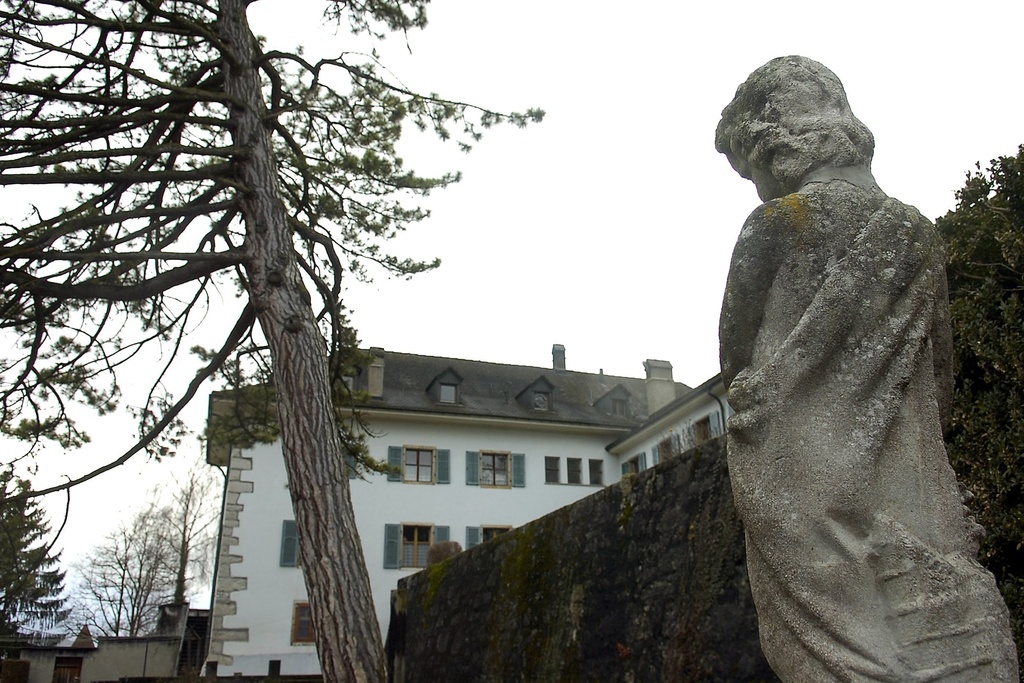
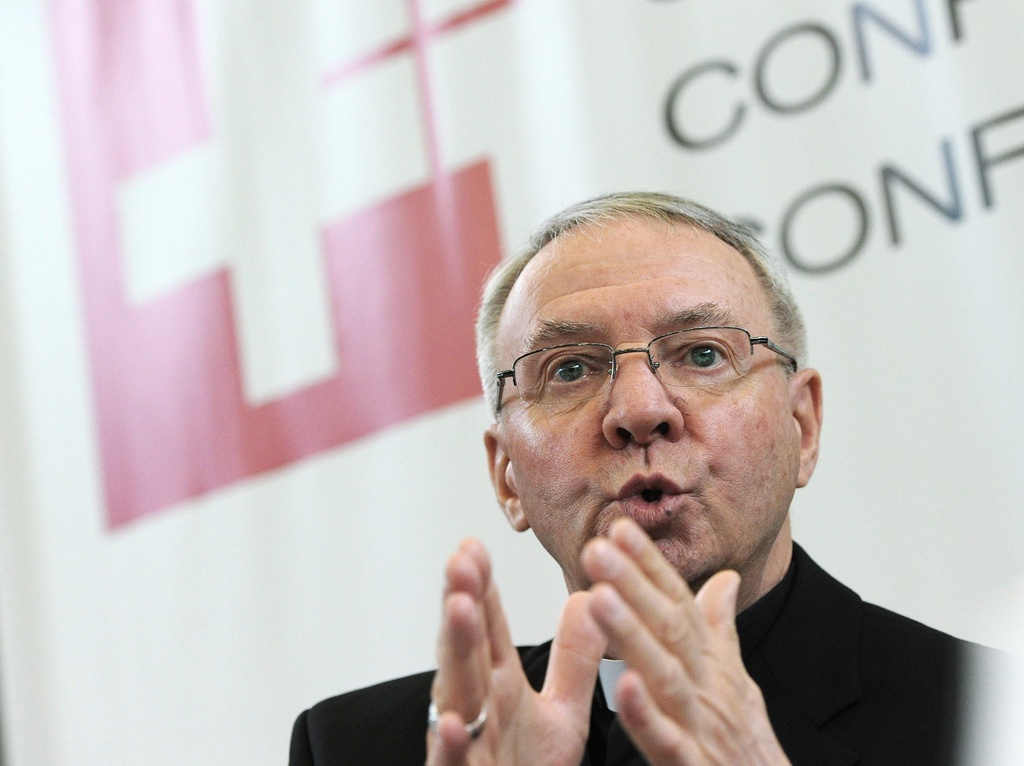
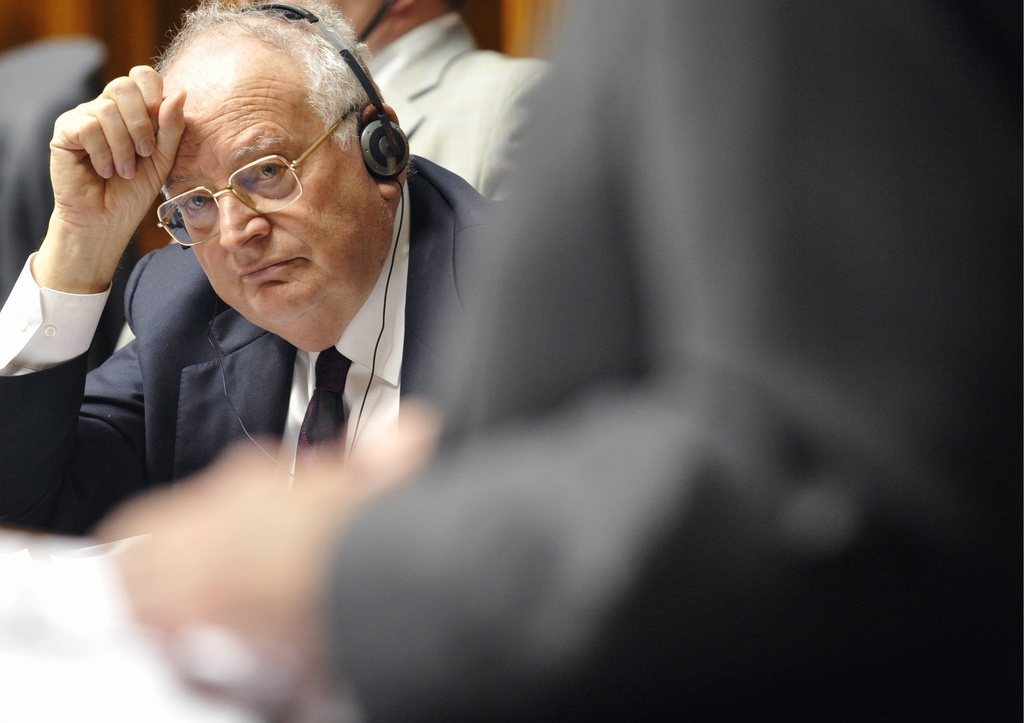
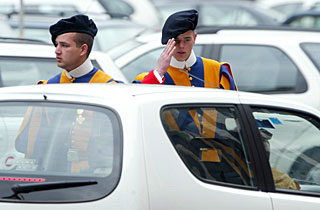
You can find an overview of ongoing debates with our journalists here. Please join us!
If you want to start a conversation about a topic raised in this article or want to report factual errors, email us at english@swissinfo.ch.